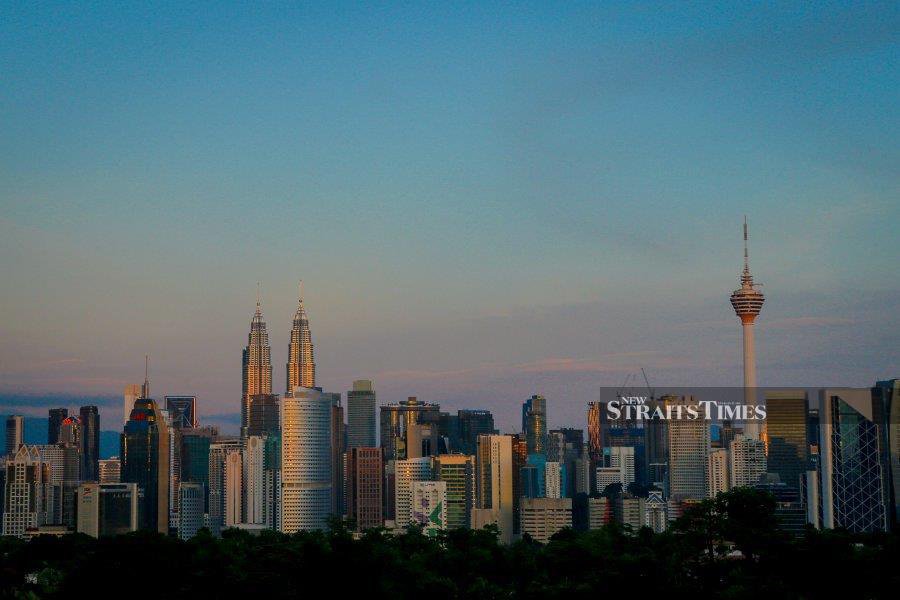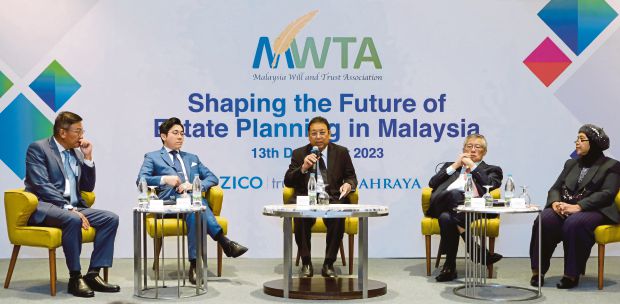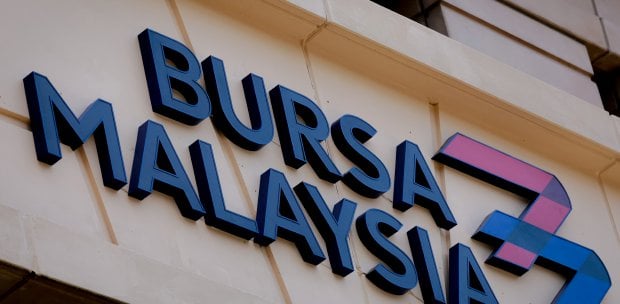A NEW albeit brief parliamentary session has just started and we should not hide our excitement about the new cooperation framework between the government and opposition.
Will the Memorandum of Understanding on Transformation and Political Stability herald a new era of moderation and bipartisanship?
Can this understanding lead to the transformative change that can help Malaysia achieve a quantum leap change in its governance and national priorities?
The session is key because the government is going to present its 12th Malaysia Plan (12MP).
After important progress in the way the country tackled Sustainable Development Goals (SDGs), expectations are high for a game- changing plan full of policy innovations towards achieving Agenda 2030.
What would this quantum leap mean? I will try to make the case for some bold and transformative policies that could herald a new era for the country.
First, the nation needs to set ambitious carbon emission reduction targets.
At the time of writing, Norway, one of the richest and most prosperous nations in the world, is going to vote on its new Parliament.
All the mainstream parties, including the progressive Labour, while conscious about the risks posed by climate change, are running on a platform to maintain oil production even beyond 2050.
I do not think this is a justifiable position for a well-developed and rich country like Norway but, instead, could be a reasonable argument for Malaysia to make on the global stage, provided it raises the level of its game.
No one should expect a middle economy to drastically do away with its oil production, but still, there is a long way before the leadership of Malaysia shows a much more aggressive stance on turning the page and transition to a much greener economy.
Clearly new carbon targets must be announced before the start of the 2021 United Nations Climate Change Conference (COP26) in Glasgow in November.
With the United States pressurring China to be more ambitious on climate change issues, Malaysia could become a leader among middle economies towards a sustainable future.
The government and the opposition should initiate a national conversation about it and it is an imperative to involve the people in it.
Second, and linked to it, the country needs a new governance model.
Ideally, the country should set a trajectory towards holding new elections, but this is an issue that is too charged and politically divisive. Let's set this aside.
The government and the opposition should find new ways to engage and involve the citizenry.
In 2017, during the National Convention on Good Regulatory Practices, the government announced a new partnership with the World Bank focused on creating a new system of online public consultations.
Bringing this idea back to life or simply reprioritising it would constitute a building block for a new strategic approach to foster national civic engagement.
Next year, we hope that the pandemic will be over or its risks drastically minimised, and the New Year could see the start of stronger forms of participatory or even deliberative consultations with the public.
Starting online could be a way to create a momentum for rethinking the national social contract to give the people a stronger voice.
In the field of deliberative democracy, mini-publics are institutions in which citizens can express an opinion and also decide.
These forums could be the best way to localise SDGs, discussing local and national priorities.
It is important for the federal and state governments to engage the people on the most important issues, including the transition towards a greener economy.
That's why new forms of civic engagement are so important and it is essential that these are included in the 12MP.
Third, and again connected to this, the national leadership must provide youth with the hope that the future will be better than today.
We do not need just another youth policy, but a radical rethinking on the way state institutions involve youth and leverage their creativity and ideas.
That's why the 12MP should be youth-centric because at the end of the day, the ones who will have to work hard to make this nation more inclusive and more sustainable are the youth.
The author writes on social inclusion, youth development, regional integration and the SDGs in the context of Asia Pacific






